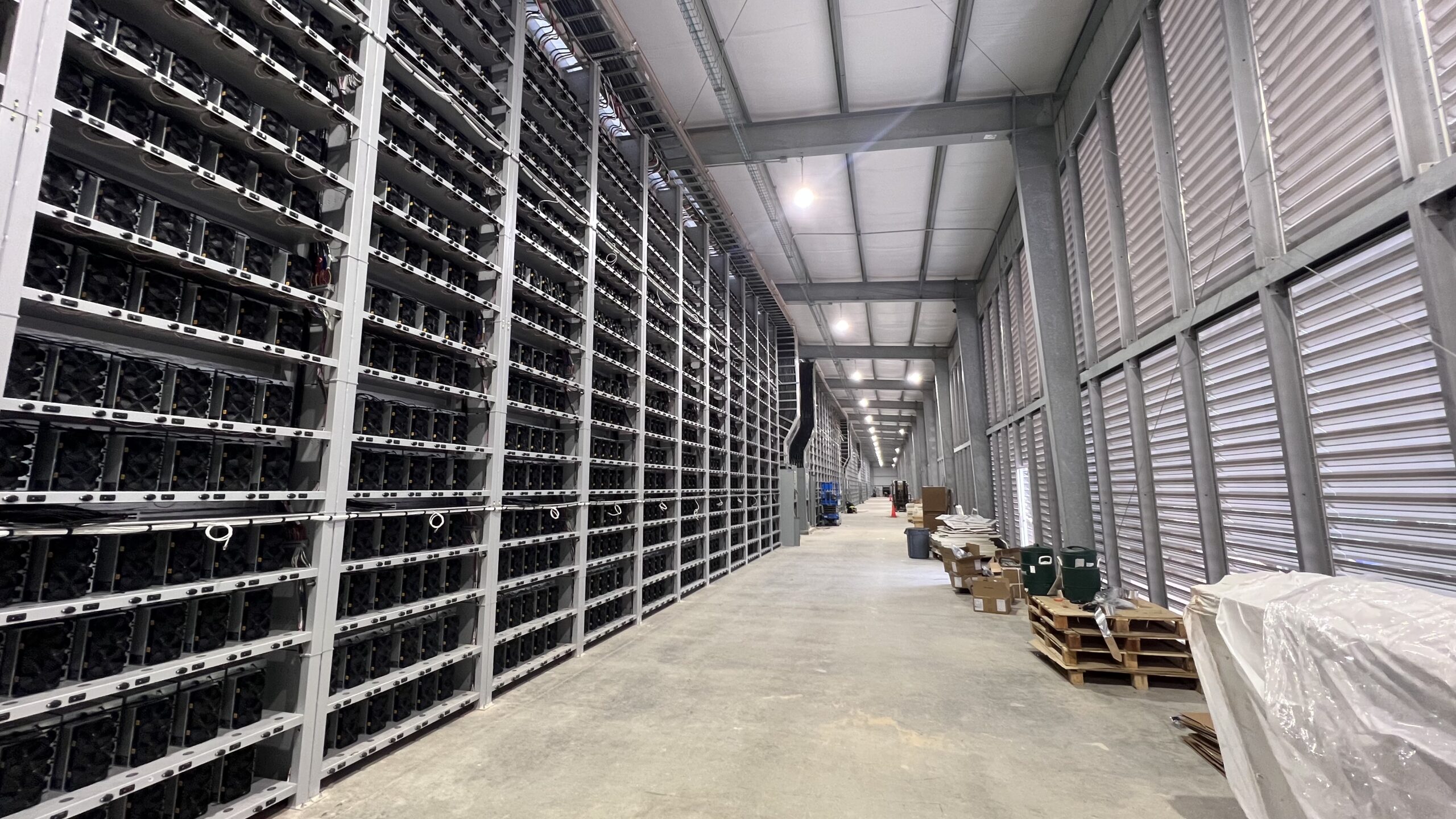A high-performance computing (HPC) data center is a specialized facility designed to support the needs of organizations that require large amounts of computational power for tasks such as modeling, simulation, and data analysis. HPC data centers typically use powerful computers, high-speed networking, and other advanced technologies to enable users to run complex computations quickly and efficiently.
Some common uses for an HPC data center include:
- Scientific research and development: HPC data centers can be used to support research in fields such as astronomy, biology, chemistry, meteorology, and physics, allowing scientists to run simulations and analyze data at scale.
- Engineering and design: HPC data centers can be used to support engineering and design processes, such as computer-aided design (CAD), computer-aided engineering (CAE), and finite element analysis (FEA).
- Financial modeling and analysis: HPC data centers can be used to support financial modeling and analysis, allowing organizations to run complex calculations and simulations to evaluate investments, assess risk, and make data-driven decisions.
- Machine learning and artificial intelligence: HPC data centers can be used to support the development and deployment of machine learning and artificial intelligence algorithms, allowing organizations to process large amounts of data and build sophisticated models for predictive analytics and other applications.
Overall, High Performance Computing Data Center are versatile facilities that can support a wide range of computationally-intensive tasks and applications.
The best locations for HPC data centers depend on a variety of factors, including the specific needs of the organization and the resources available in a given location. Some key considerations when selecting a location for an HPC data center include:
Access to reliable power and cooling: HPC data centers require a significant amount of power and cooling to operate efficiently. It is important to select a location that has access to reliable power and cooling infrastructure, such as a power grid and cooling systems, to ensure that the data center can operate at peak efficiency.
Proximity to users: In some cases, it may be advantageous to locate an HPC data center near the users who will be accessing it, in order to minimize latency and improve performance. This can be especially important for applications that require real-time processing, such as scientific simulations or financial modeling.
Available incentives and tax breaks: Many governments and utilities offer incentives and tax breaks to organizations that build and operate data centers in their jurisdictions. These incentives can help offset the costs of building and operating an HPC data center, and may be an important factor in deciding where to locate the facility.
Physical security: High Performance Computing Data Center often contain valuable equipment and sensitive data, so it is important to select a location that is physically secure. This may include factors such as access controls, surveillance systems, and other security measures to protect the data center from unauthorized access or damage.
Overall, the best location for an HPC data center will depend on the specific needs and priorities of the organization, as well as the resources and opportunities available in a given location.
To learn more about how High Performance Computing Data Center utilize power, read this article.
